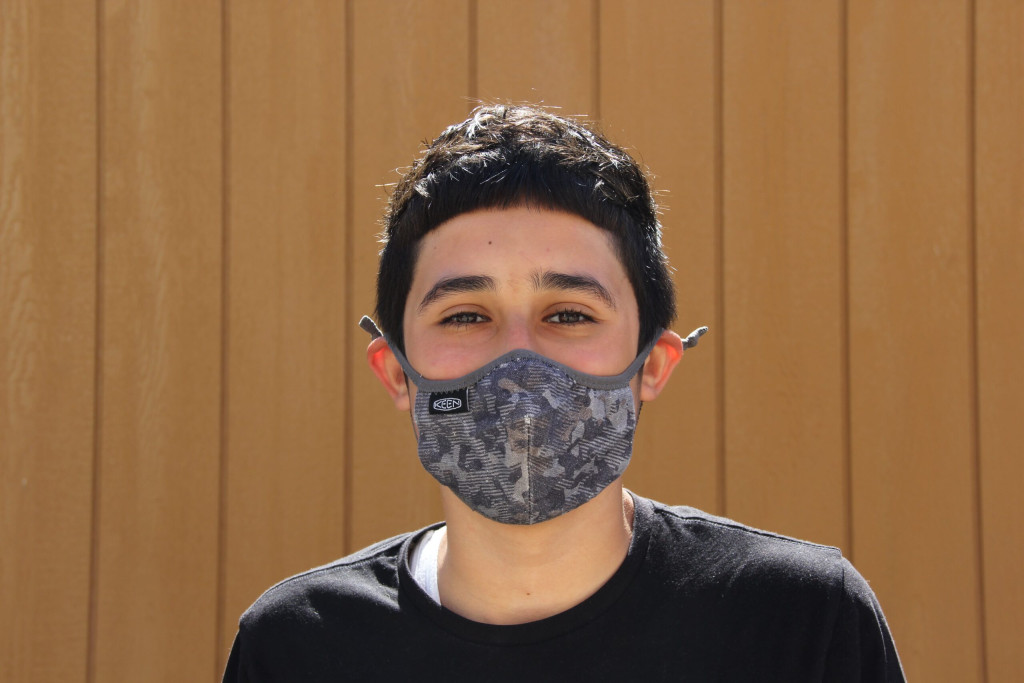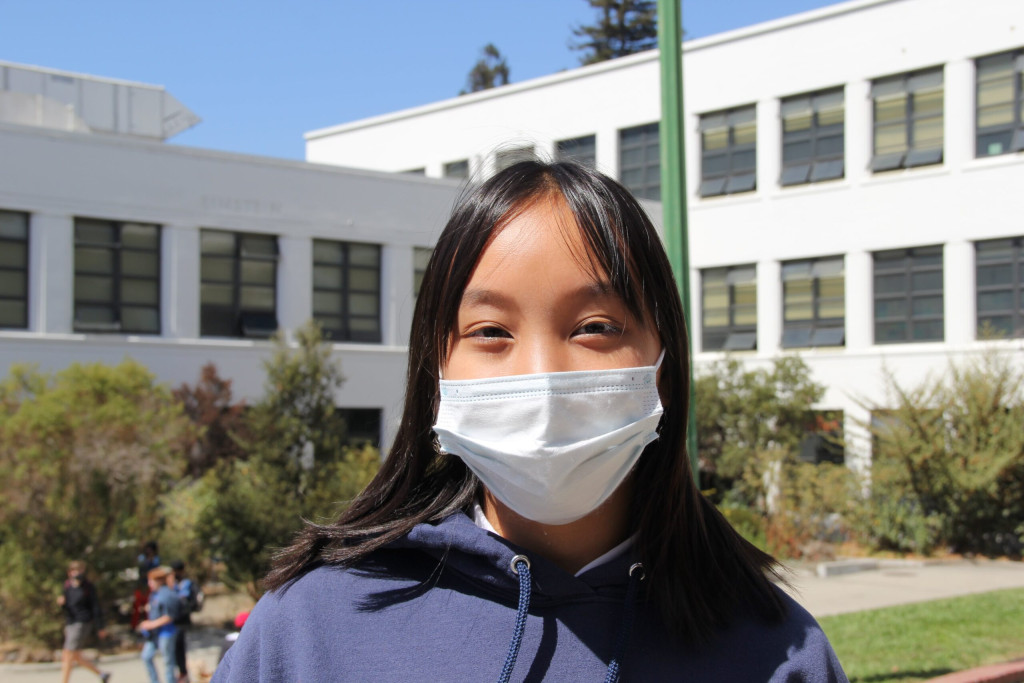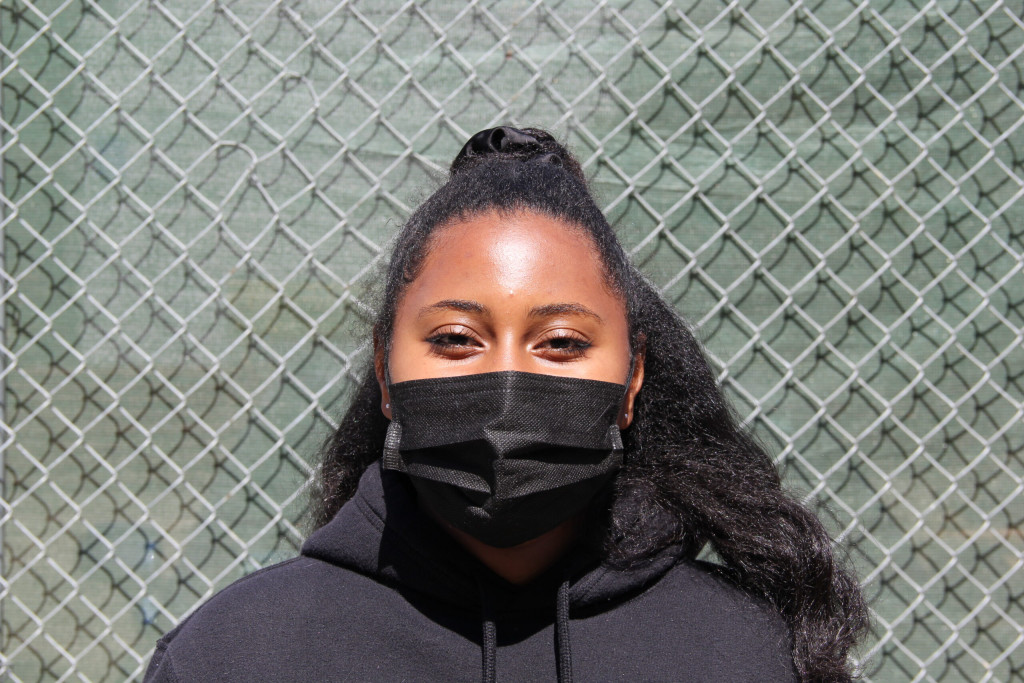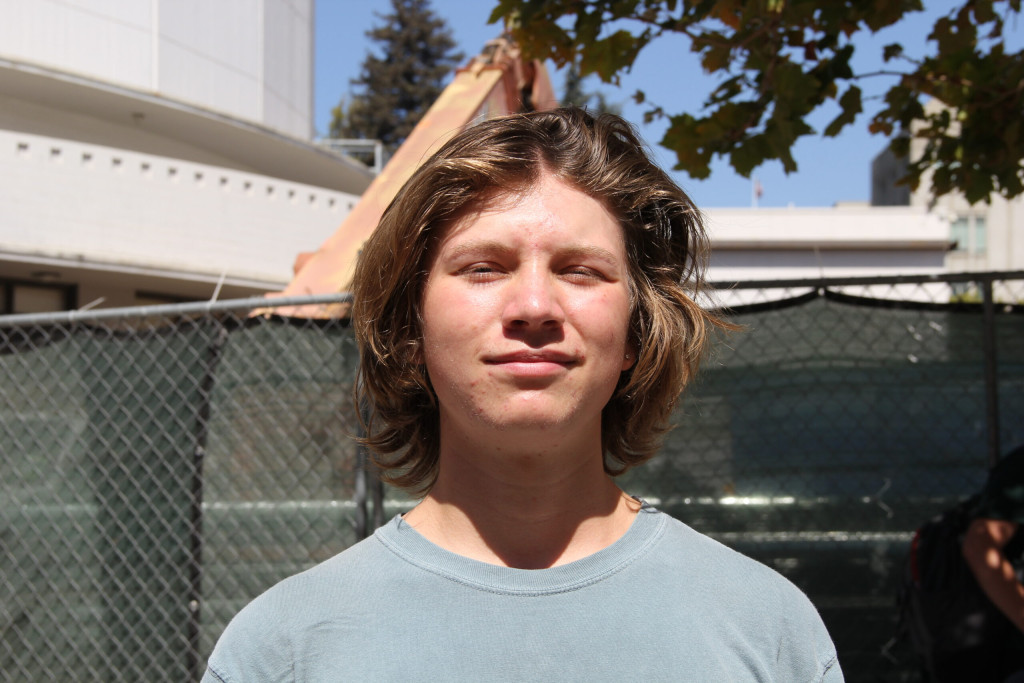Logan Klatzer, a senior in AC, said, “Seeing someone’s work and separating it from their beliefs is crucial.” He explained, “If we don’t do this then we can’t adapt, evolve, and progress.” He added that there are plenty of controversial comedians, “but I still listen to their comedy and laugh.”

Paolo Rivera, a freshman in Universal Ninth Grade (U9), said that “[artists] have the right to sing what they want, but it does get very controversial depending on the lyrics they say.” In cases like DaBaby’s homophobia towards Lil Nas X, both popular rappers, Rivera felt that “artists should just keep their opinions to themselves, especially if it starts [a controversial situation].”

Camhan Ngo, a sophomore in Berkeley International High School (BIHS), thought that “it’s fine to listen to their music, but when it comes to supporting them, like buying their merch[andise], you should stay away from that.” Ngo thought of Billie Eillish, a currently controversial pop star.

Maraki Allen, a junior in Arts and Humanities Academy (AHA) said, “A lot of artists have good music, but they are not necessarily good people.” Allen mentioned that although R. Kelly is known for abusive crimes, “[his music is] a big part of R&B culture, so I feel like you really have to separate that out.”

Aiden Murphy, a junior in Academic Choice (AC), believed that “if you enjoy someone’s art you should be able to separate art from artist,” but “you should also keep boundaries, especially if the artist has crossed the line.” By definition, this “line” is subjective and fluctuates from person to person.





